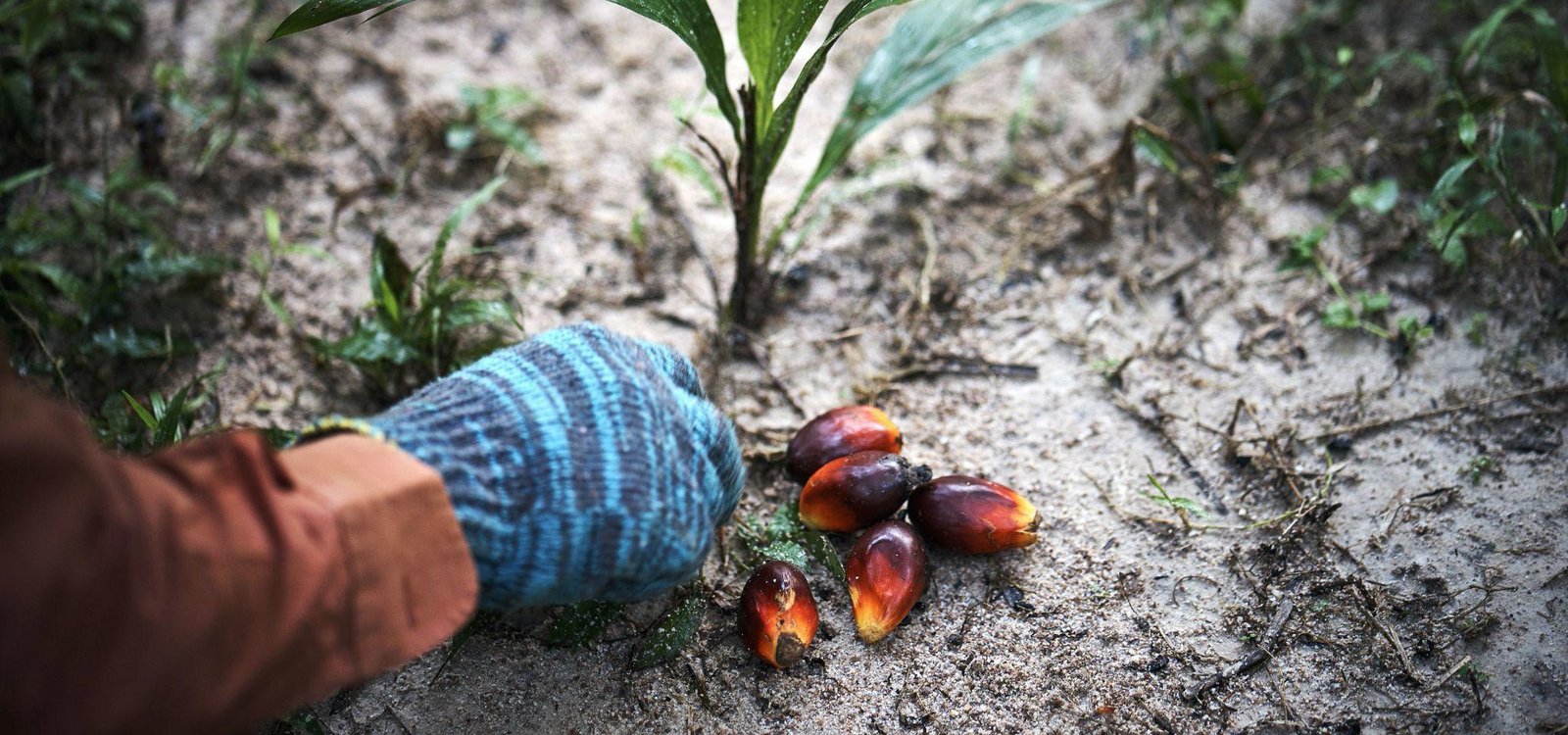Friday, 6 February 2026

In a first-of-its-kind international partnership, the Patanjali Group has secured a supply of palm oil seeds from Malaysia’s Sawit Kinabalu Group, marking a significant step toward expanding oil palm cultivation in India’s Northeast under the Centre’s National Mission on Edible Oils – Oil Palm (NMEO-OP).
As part of a five-year agreement, the Malaysian state-run agency has already supplied 1.5 million high-yielding seeds to the Uttarakhand-headquartered conglomerate. The contract, which runs until 2027, entails the delivery of a total of 4 million seeds to support Patanjali’s cultivation efforts in states such as Assam, Arunachal Pradesh, and Tripura. This is the first time Malaysia has signed such a deal with an Indian company through a state agency.
“We have delivered 1.5 million seeds so far under the agreement,” confirmed Zurainy, General Manager of the Sawit Kinabalu seed division, which has an annual processing capacity of 10 million seeds. Alongside seed supply, the agency is also offering advisory services, agronomic visits, and ongoing monitoring of seedling health and mortality.
Patanjali, through its subsidiary Patanjali Foods Ltd. (formerly Ruchi Soya), plans to establish a palm oil processing mill in the Northeast, expected to be operational by 2026. The move aligns with India’s broader goal of reducing its dependence on edible oil imports, which currently account for over 60 per cent of consumption.
India has roughly 375,000 hectares under oil palm cultivation today, with an estimated 180,000 hectares in the fruit-bearing stage. The central government aims to scale this to 1 million hectares by 2025–26 and further to 6.6 million hectares by 2030, targeting domestic production of 2.8 million tonnes of palm oil. Currently, Andhra Pradesh, Telangana, and Kerala dominate palm oil production, accounting for 98 per cent of the national output.
Despite enthusiasm from industry and government, the expansion of palm cultivation in ecologically sensitive regions has drawn criticism. Environmental groups and local political outfits, particularly in Assam, have raised concerns over the ecological and social consequences of such large-scale projects.
In 2023, the Assam Jatiya Parishad (AJP) publicly opposed Patanjali’s palm oil initiative, warning of threats to biodiversity, water security, and indigenous livelihoods. “Palm cultivation in Assam’s fragile ecosystems could deplete groundwater, degrade soil, and worsen climate impacts like heatwaves and erratic rainfall,” said AJP president Lurinjyoti Gogoi. He also cautioned that plantation expansion near areas like the Dibru-Saikhowa Sanctuary could irreparably harm the region’s unique flora and fauna.
The Assam government, however, signed a formal agreement with Patanjali in 2022 to promote palm cultivation, identifying large tracts of land in Tinsukia, Baksa, Udalguri, and Sonitpur districts for the initiative. Plantations have already commenced near the Dhala–Sadiya bridge in Tinsukia.
Meanwhile, Sawit Kinabalu’s Chief Sustainability Officer, Nazlan Muhammad, expressed optimism about future collaborations. “Our seeds are showing promising yields in India. The plants grown in the Northeast are performing well,” he said, even as the agency balances its seed exports amid rising domestic demand in Malaysia due to a replantation subsidy scheme.
The Supreme Court has previously banned palm cultivation in ecologically fragile zones such as the Andaman & Nicobar Islands, underscoring the growing tension between agricultural expansion and environmental protection.
With mounting climate concerns and rising edible oil bills—India’s fertiliser and food subsidies remain among the highest in the world—Patanjali’s palm push highlights the balancing act between food security, foreign trade dependence, and sustainability.